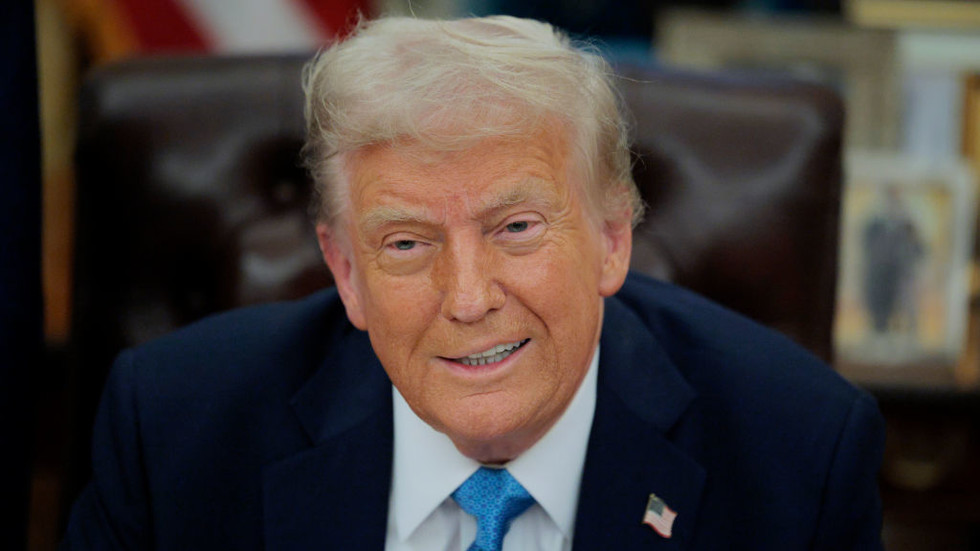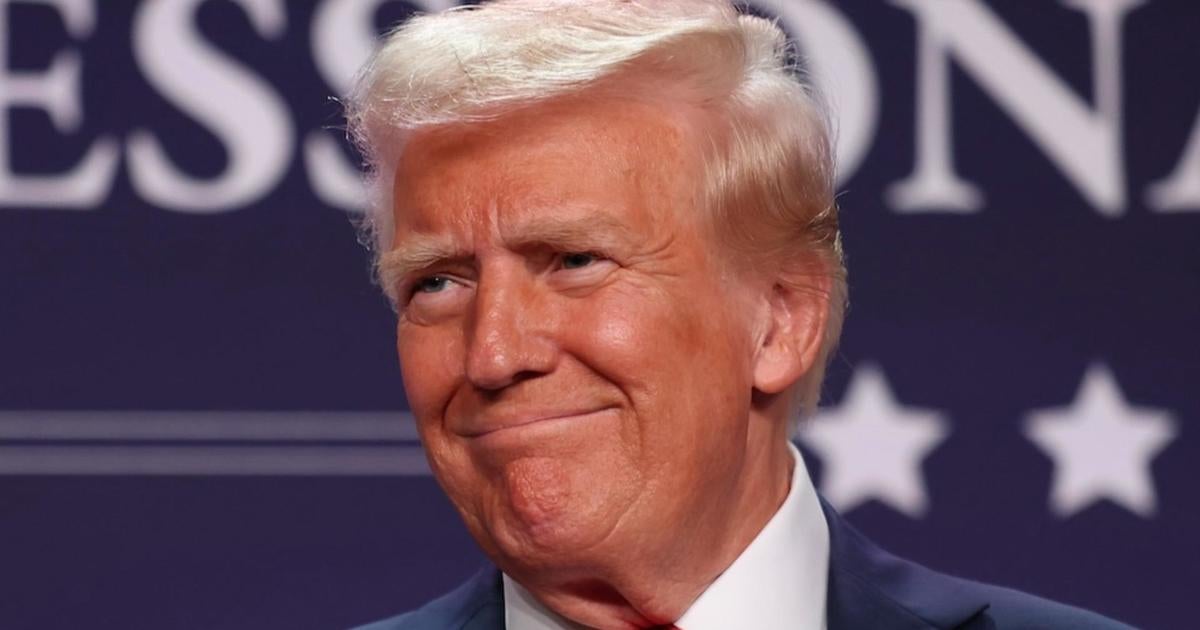Diplomatic Breakthrough: US Suspends Tariffs on Mexican Imports
In a momentous diplomatic shift, the United States has decided to pause tariffs on Mexican imports following a series of constructive negotiations. This significant development could reshape trade relations and economic dynamics between the two nations, fostering a new era of cooperation and mutual benefit. The decision, announced amidst a backdrop of evolving global trade policies, highlights the importance of diplomacy in resolving economic disputes.
The Context of Tariffs and Trade Relations
Tariffs, which are essentially taxes on imported goods, have long been a contentious issue in international trade. The previous administration implemented tariffs on various imports, including a wide array of Mexican goods, citing concerns over trade imbalances and national security. These tariffs not only affected bilateral trade but also had significant repercussions for businesses and consumers in both countries.
Mexico is one of the United States’ largest trading partners, with trade between the two nations exceeding $600 billion annually. The imposition of tariffs led to increased costs for consumers and strained relationships within supply chains. Many U.S. companies that rely on Mexican imports for their manufacturing processes faced rising costs, which ultimately impacted their competitiveness in the global market.
The Negotiation Process
The recent suspension of tariffs follows a series of diplomatic negotiations aimed at addressing the underlying issues that led to the tariffs in the first place. High-level discussions between U.S. and Mexican officials focused on several key areas:
- Trade Imbalances: Both nations acknowledged the need to address trade disparities and work towards a more equitable trading environment.
- Supply Chain Resilience: Given the disruptions caused by the COVID-19 pandemic, discussions included strategies to enhance supply chain resilience, ensuring both countries could better withstand future shocks.
- Labor and Environmental Standards: The U.S. emphasized the importance of upholding labor rights and environmental standards in trade agreements, which would benefit workers and communities in both countries.
These negotiations were marked by a spirit of collaboration, with both sides recognizing that a stable and cooperative trade relationship is vital for economic growth and stability in North America.
Implications of Suspending Tariffs
The suspension of tariffs on Mexican imports carries several implications for both the United States and Mexico:
- Economic Growth: By removing tariffs, both economies stand to benefit from increased trade flows. U.S. consumers may enjoy lower prices on a variety of goods, while Mexican exporters can tap into the lucrative U.S. market more freely.
- Job Creation: Enhanced trade relations are likely to lead to job creation in both nations. As businesses expand their operations and invest in new projects, they will require more labor, benefiting workers on both sides of the border.
- Strengthening Bilateral Relations: This diplomatic breakthrough could pave the way for deeper collaboration on other pressing issues, such as immigration, security, and environmental challenges.
Challenges Ahead
Despite the optimism surrounding the suspension of tariffs, challenges remain. The economic landscape is constantly changing, influenced by factors such as inflation, geopolitical tensions, and shifts in consumer behavior. As both nations move forward, they must remain vigilant to address potential disruptions and ensure that the benefits of this diplomatic breakthrough are shared equitably.
Moreover, the success of this initiative will depend on continued dialogue and engagement between U.S. and Mexican officials. Both sides must commit to maintaining open lines of communication to swiftly address any emerging issues that could threaten the stability of their trade relationship.
Looking Forward: A New Era of Trade Relations
The suspension of tariffs on Mexican imports marks the beginning of a potentially transformative chapter in U.S.-Mexico trade relations. As the two nations navigate this new landscape, it is essential to focus on:
- Investment in Infrastructure: To facilitate increased trade, both countries should consider investing in infrastructure improvements at border crossings and transportation networks.
- Innovation and Technology: Embracing technology can help streamline trade processes, enhance supply chain management, and boost productivity in various sectors.
- Public Awareness: Educating the public about the benefits of trade and cooperation can help garner support for policies aimed at strengthening bilateral ties.
In conclusion, the diplomatic breakthrough represented by the U.S. suspension of tariffs on Mexican imports signals a renewed commitment to fostering a strong and mutually beneficial trade relationship. As both countries work together to address challenges and seize opportunities, the potential for economic growth, job creation, and enhanced cooperation remains robust. By prioritizing diplomacy and collaboration, the United States and Mexico can chart a course toward a prosperous future, benefiting not just their economies but also the broader North American region.
See more CCTV News Daily



